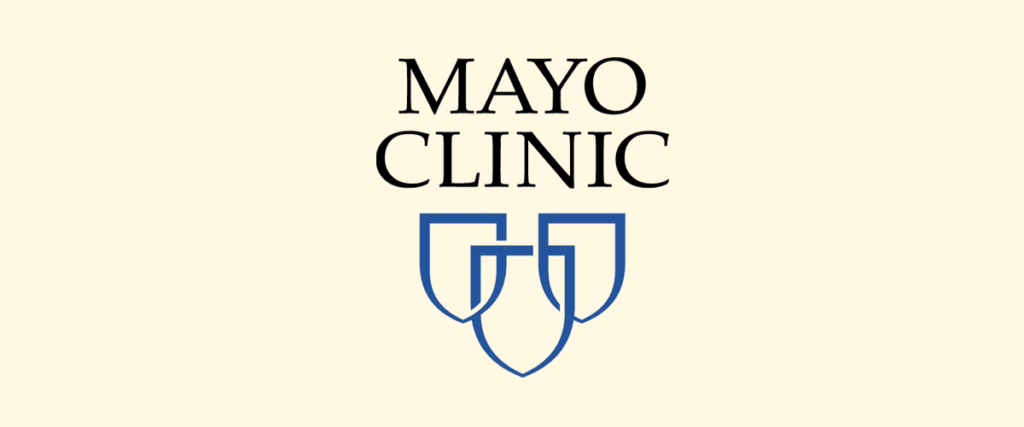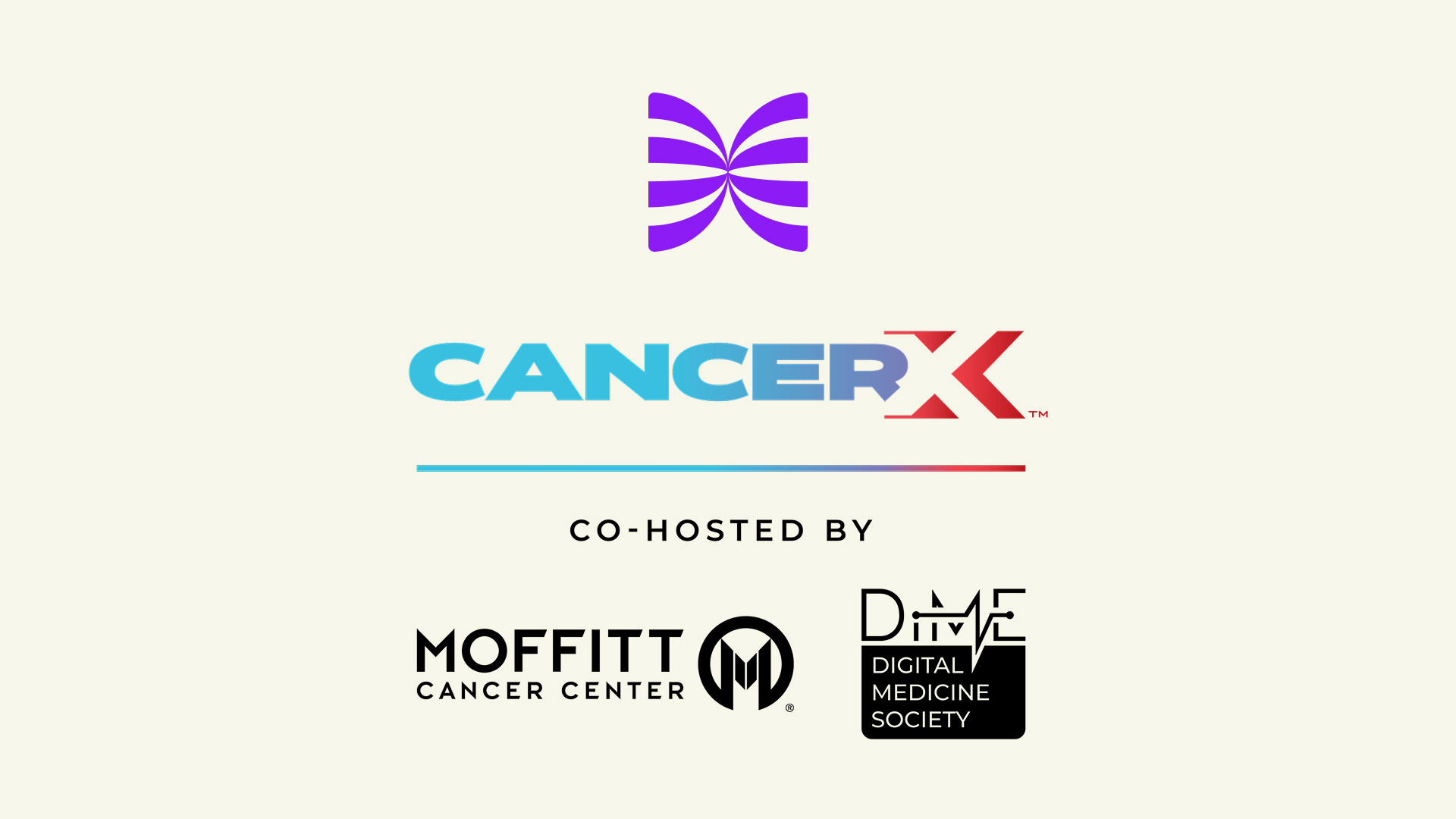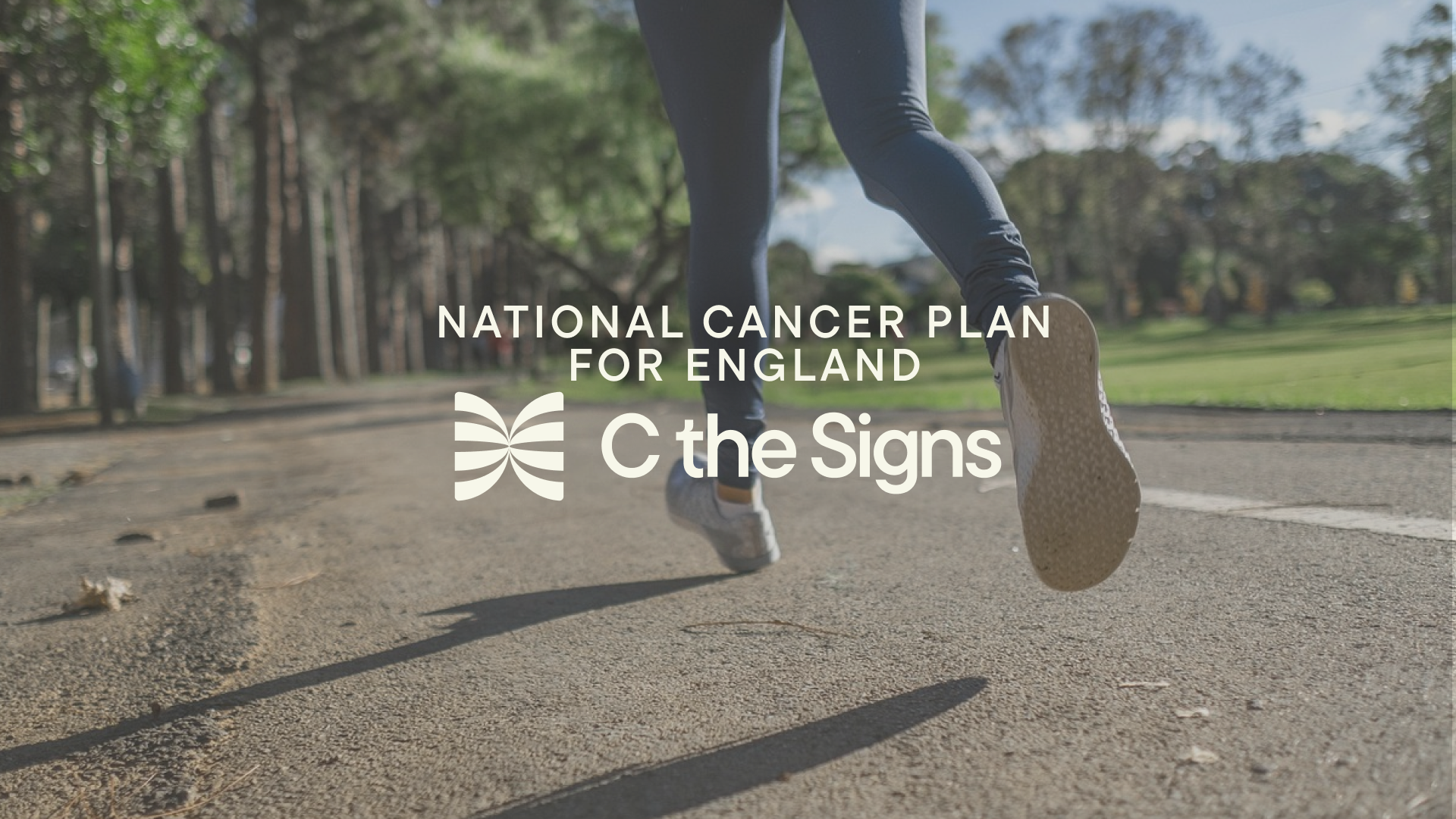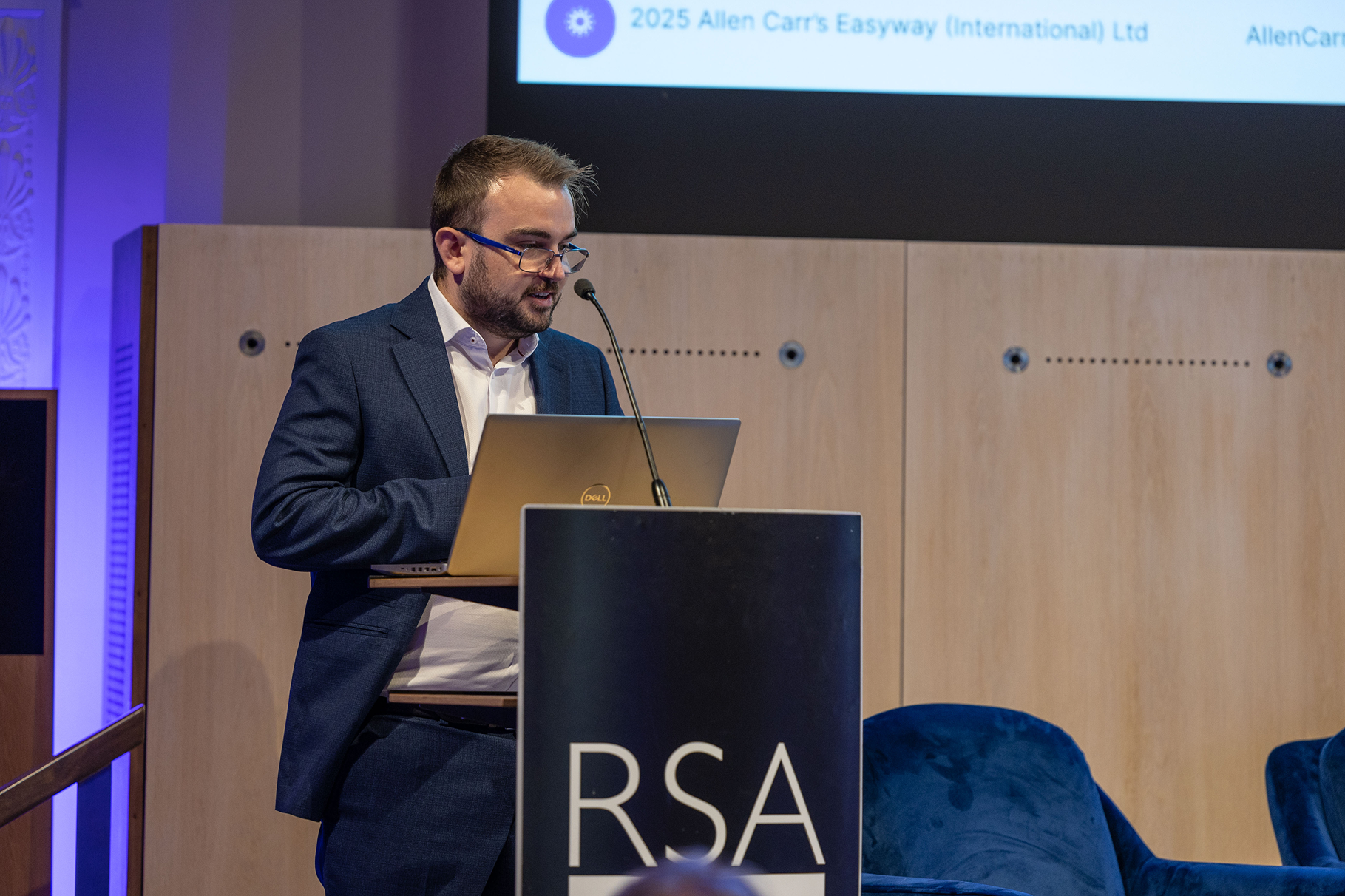
Monday, June 30, 2025
Lightening the Load: Addressing the Pressures on GPs in Diagnosing Cancer
Monday, June 30, 2025
Lightening the Load: Addressing the Pressures on GPs in Diagnosing Cancer
When Minutes Matter
Diagnosing cancer early is one of the toughest challenges faced by GPs. Vague, non-specific symptoms, ten-minute consultations, heavy patient lists, and intricate cancer guidelines combine to create an immense burden. Add the administrative load of coordinating referrals, tracking diagnostic pathways, and avoiding inappropriate referrals, and it is clear why early cancer detection is as emotionally taxing as it is critical.
GPs are effectively asked to do the near-impossible: spot subtle early signs of cancer that can easily be mistaken for benign conditions—all in a brief appointment. The toll is significant, fuelling stress, burnout, and the constant fear of missing a life-threatening diagnosis.
High Stakes, Heavy Load
Cancer’s early signs—fatigue, unexplained weight loss, vague abdominal pain—overlap with countless other conditions. GPs must sift through incomplete clues and decide whether further investigation is warranted. Limited time per patient compounds the difficulty; even seasoned practitioners can feel overwhelmed.
Administrative pressures add another layer: navigating referral systems, updating records, and ensuring compliance with national guidelines. The stakes could not be higher. Delayed diagnoses often mean advanced-stage cancers, where treatments are fewer, less effective, and more invasive. For patients, survival chances fall; for GPs, the emotional burden of a missed diagnosis is profound.
AI at Your Side
C the Signs offers a lifeline. Rather than replacing clinical expertise, this AI-driven platform acts as a second pair of eyes, rapidly analysing symptoms, demographics, and risk factors to propose tailored diagnostic pathways within seconds. It lifts the mental load of memorising extensive guidelines, enabling faster, evidence-based decisions and giving GPs more time to focus on patients.
Enhanced safety-netting ensures at-risk patients are monitored and followed up promptly, reducing the chances of missed or delayed diagnoses.

Results That Reassure
The impact is tangible. In a recent SNEE ICB study, C the Signs delivered a 12.3 % increase in cancer detection rates with no notable rise in diagnostic or referral activity. For GPs, that means fewer delays and less second-guessing; for patients, earlier diagnosis can spell the difference between life and death, offering access to less invasive treatments and better outcomes.
By easing cognitive and administrative pressures, C the Signs helps combat burnout in primary care. GPs gain peace of mind, confident they are making the best decisions for their patients. Early cancer detection will always be demanding, but with C the Signs, clinicians have a powerful ally—supporting those who dedicate their careers to saving lives.
To learn more about how C the Signs is transforming cancer detection and easing pressure on GPs, contact us.
"People will be able to get a diagnosis much earlier than before. We are seeing a year-on-year increase in referrals to our gynaecology cancer services, particularly for post-menopausal bleeding. By allowing patients to access our service directly via self-referral, we can avoid unnecessary delays and get them an appointment much more quickly."
David Milliken
consultant gynaecological oncologist at Somerset NHS Foundation Trust



.png)
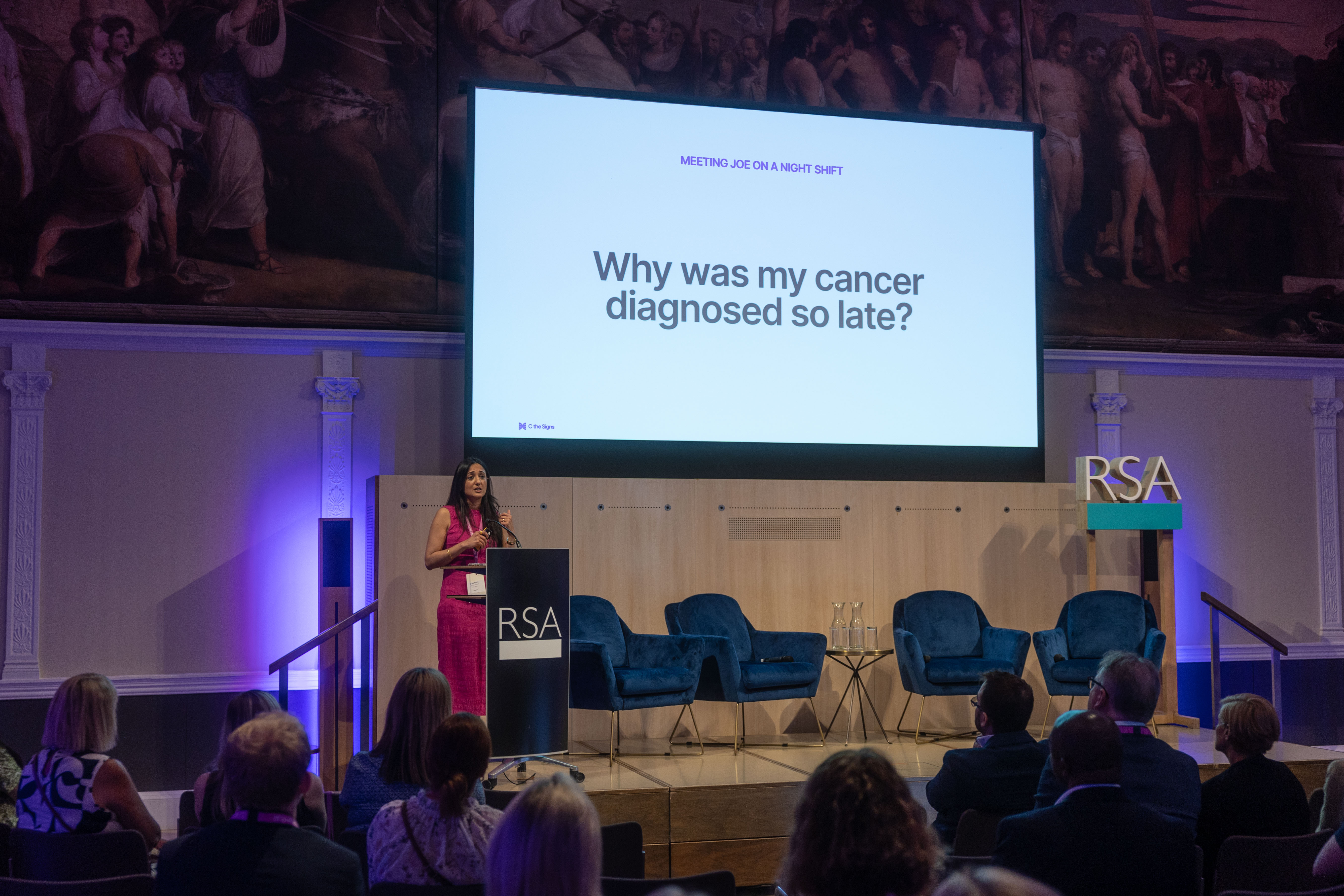
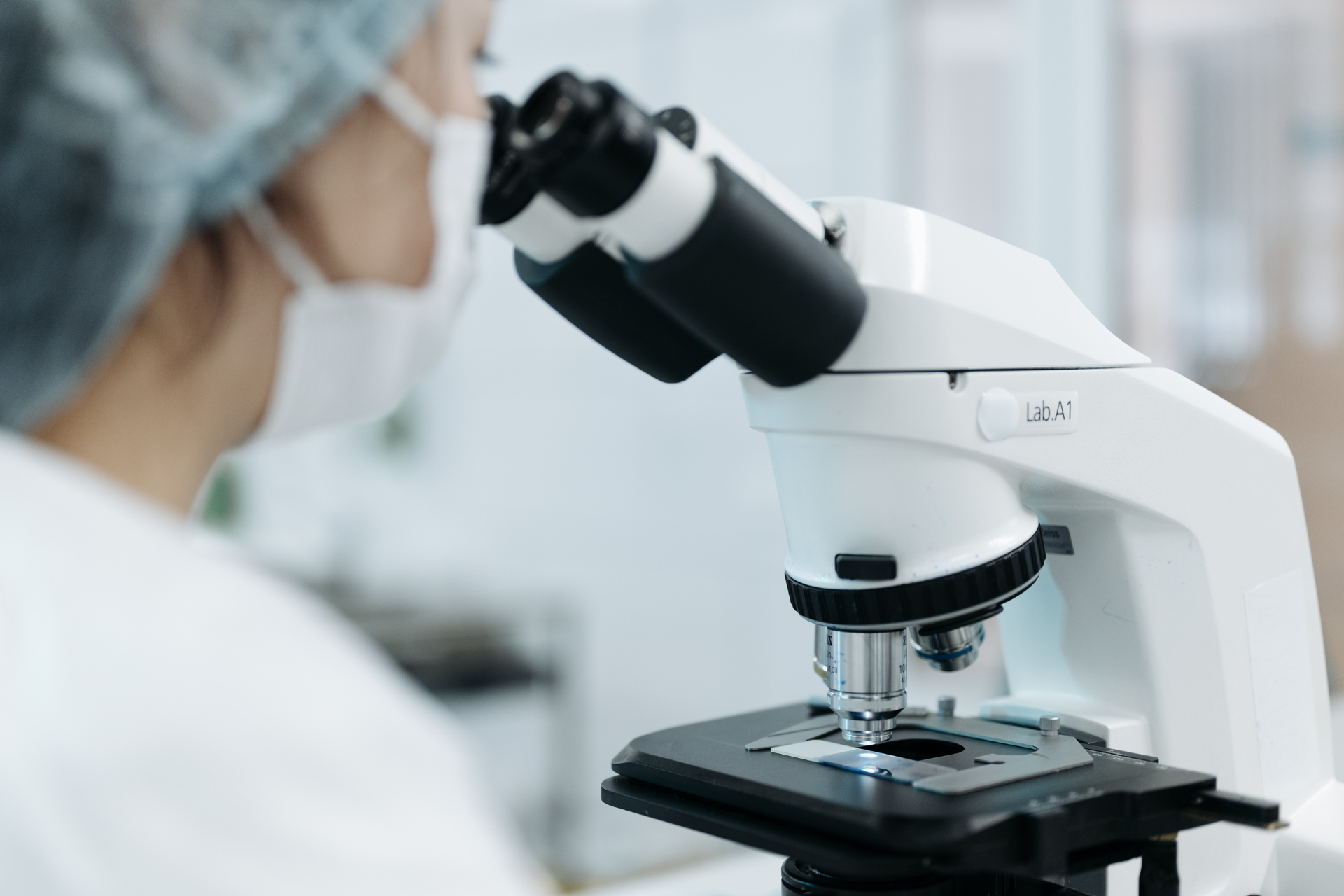
.jpg)
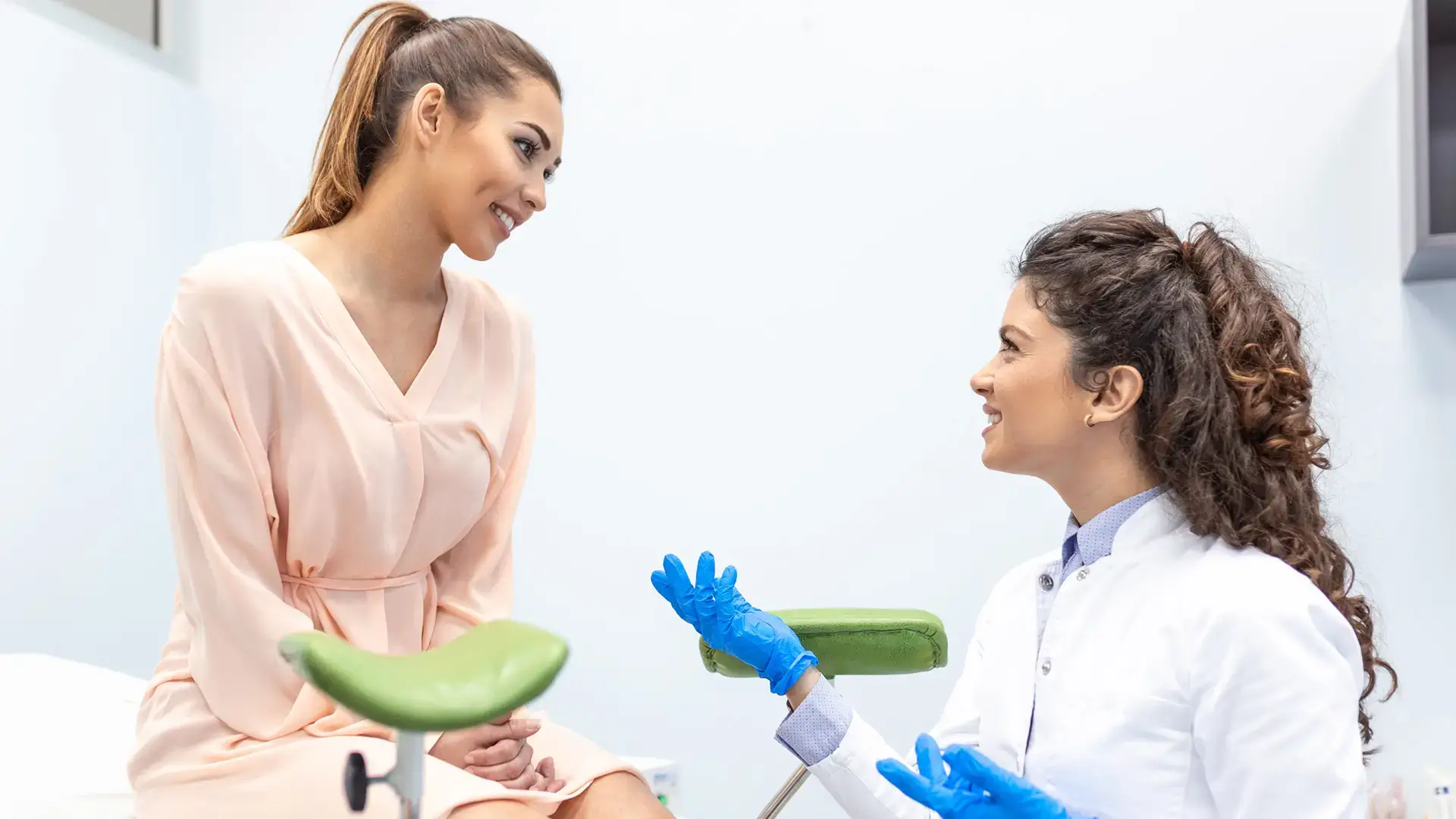
.jpg)
.jpg)
